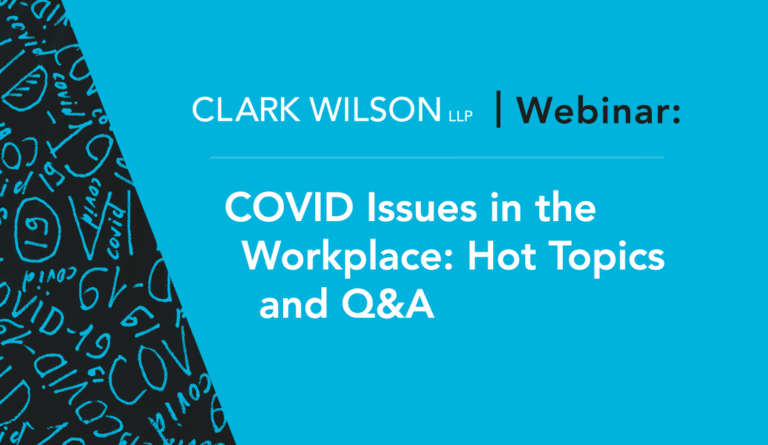Many employers have restricted employee access to social networking sites (i.e. Facebook, MySpace, LinkedIn, blogs and Twitter) primarily due to fears that employees will access such sites during work hours, with the associated loss of productivity. There are advantages to allowing your employees to access social networking sites from work (see the article “The Social Networking Conundrum: A Human Resource Perspective,” in this issue). To the extent that social networking has become an important communications medium, employers are increasingly relaxing those rules and permitting their employees to access these sites during the day. If employers are considering permitting access to social networking sites, consideration should be given to implementing a social networking policy or updating their computer use policies to address basic issues such as privacy, confidentiality and other legal issues.
Internet policies typically address issues such inappropriate or unlawful sites, dissemination of harassing or defamatory communications, and access or distribution of otherwise confidential or proprietary communications. These types of policies can be adapted to accommodate social networking. Elements of a social networking policy should include the following.
- Clear statements that other employee policies and their existing obligations apply to all communications, including those made on social networking sites, whether such communications are posted during personal time at work, or at home. For example, comments that would otherwise be inappropriate because they are considered insubordinate, constitute harassment or result in a poisoned work place, also should not be posted on social networking sites.
- Confirm that social networking discussions should not disclose confidential proprietary or business information belonging to the employer, its customers/client, or disclose private information about co-workers.
- Because comments posted on social networking sites can spread virally, are searchable, and stay online even if the original posting is removed, it is even more important that employees use caution and good judgment when posting comments or information on social networking sites that can be identified or associated with the employer.
- Statements that social networking sites are not appropriate forums to engage in differences of opinion with respect to work-related issues, engage in criticism of management or co-workers (constructive or not), or address concerns regarding the performance or competence of employees.
- Clear prohibition that employees must not post comments that are defamatory to the employer, other employees, or clients/customers/contractors.
- Reminder that violation of the policy may result in disciplinary action, up to and including termination.
Employers recognize that social networking sites can offer benefits to their company, from facilitating what has become a regular form of communication for their employees, to capitalizing on new ways to promote products and news about the company. Even if employers do not wish to allow employees to have access to social networking sites while at work, the fact is that many employees will still be using these sites on their own time. Thus, employers should review their existing policies to ensure that it is clear that confidentiality, privacy and harassment policies also apply to use of and communications on social networking sites.
Updating company policies to include references to use of social networking sites, ensures that appropriate rules are in place so employees are clear about their responsibilities to the company and their co-workers, while enjoying the benefits that networking sites offer.


